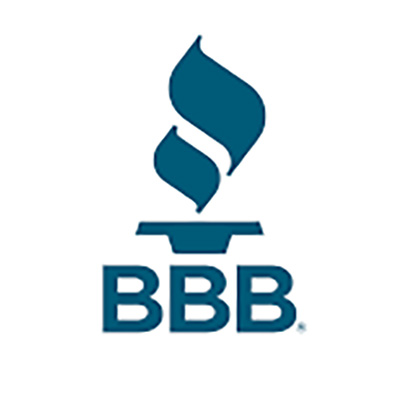It happens. Some strange message shows up in your texts from a number that you just don’t recognize.
“Hi, I’m not going to be able to see you today. Can we meet up some other time?” or “Hey, what are you doing?” These are conversations just begging for an answer and perhaps you respond with a polite, “sorry wrong number” or even get a name from the sender and start chatting with them. That might not be a good idea.
The trouble is if you do respond, the sender may start coaxing you into a cryptocurrency investment scam. Here’s how it works. The owner of the unknown number will send an innocent but conversational message hoping the recipient will respond. If they do, they’ll strike up a casual, short conversation before working into the conversation. They are a consultant or advisor involving cryptocurrency. Then, they’ll send a link for you to send small amounts of crypto. Next, they’ll make a withdrawal to prove that the system is real and encourage you to invest more. By the time the scam is realized, thousands of dollars are gone.
According to the Federal Trade Commission, it’s becoming more of a common practice and 2022 is on track to be the first year when more people have reported scammers’ contacting them by text rather than by phone. In fact, the FCC issued a warning about ‘threat robotexts.’ The FTC’s estimates for this year found that 6% of people who reported text message fraud actually lost money on them — those who do become victims can lose enormous sums of money. BBB reported cryptocurrency scams jumped from the seventh to second most riskiest scam in the 2021 Risk Report.
The FBI echoed the warning stating that since late last year, at least 244 people have lost a combined $42.7 million to such fake crypto investment scams. BBB recommends the following should you receive a text message from an unknown number:
• Ignore it: The senders are begging for interaction. Don’t respond, acknowledge, or do anything. Delete it and if they text again, continue to ignore it.
• If you spot a scam text, don’t reply. Some scammers will ask the recipient to text “STOP” or “NO” to opt out. In reality, the reply tells them they have a real, active phone number and could open you up to future attacks. If a text message seems suspicious, don’t reply. Block the number and erase the message.
• Report the scam: Contact the FCC: consumercomplaints.fcc.gov and report it to BBB: BBB.org/scamtracker
• Maintain the smartphone or device software: Update your smart device OS and security apps. Consider installing anti-malware software.
• Review apps: Review text blocking tools in the mobile phone settings, available third-party apps, and the mobile phone carrier’s offerings.
Find more tips on BBB.org/spot-a-scam and find additional data regarding cryptocurrency scams in BBB’s latest study.
BBB of Cincinnati























I am trying to File a Claim according to a card I received in the mail from Federal Trade Commission.